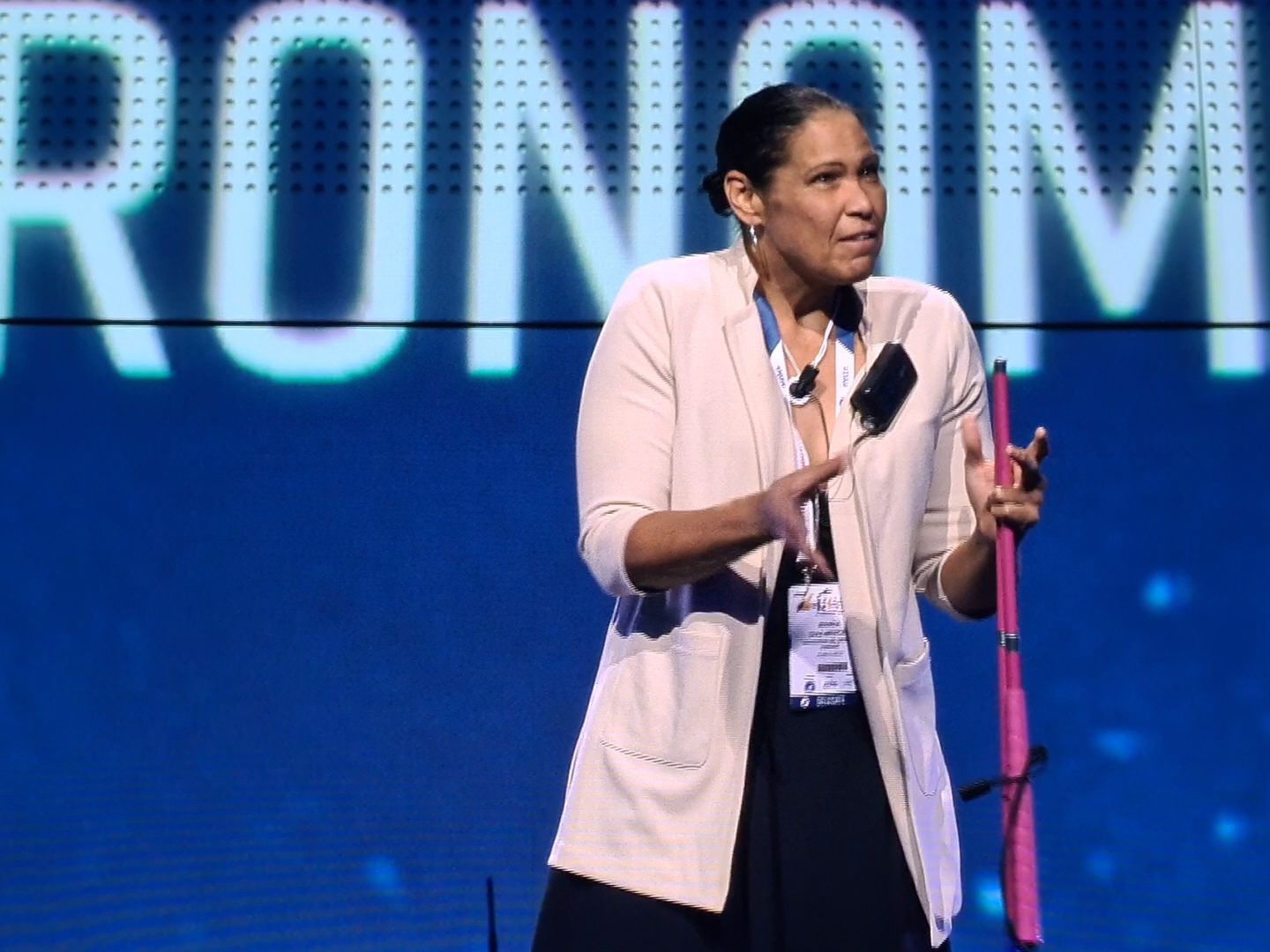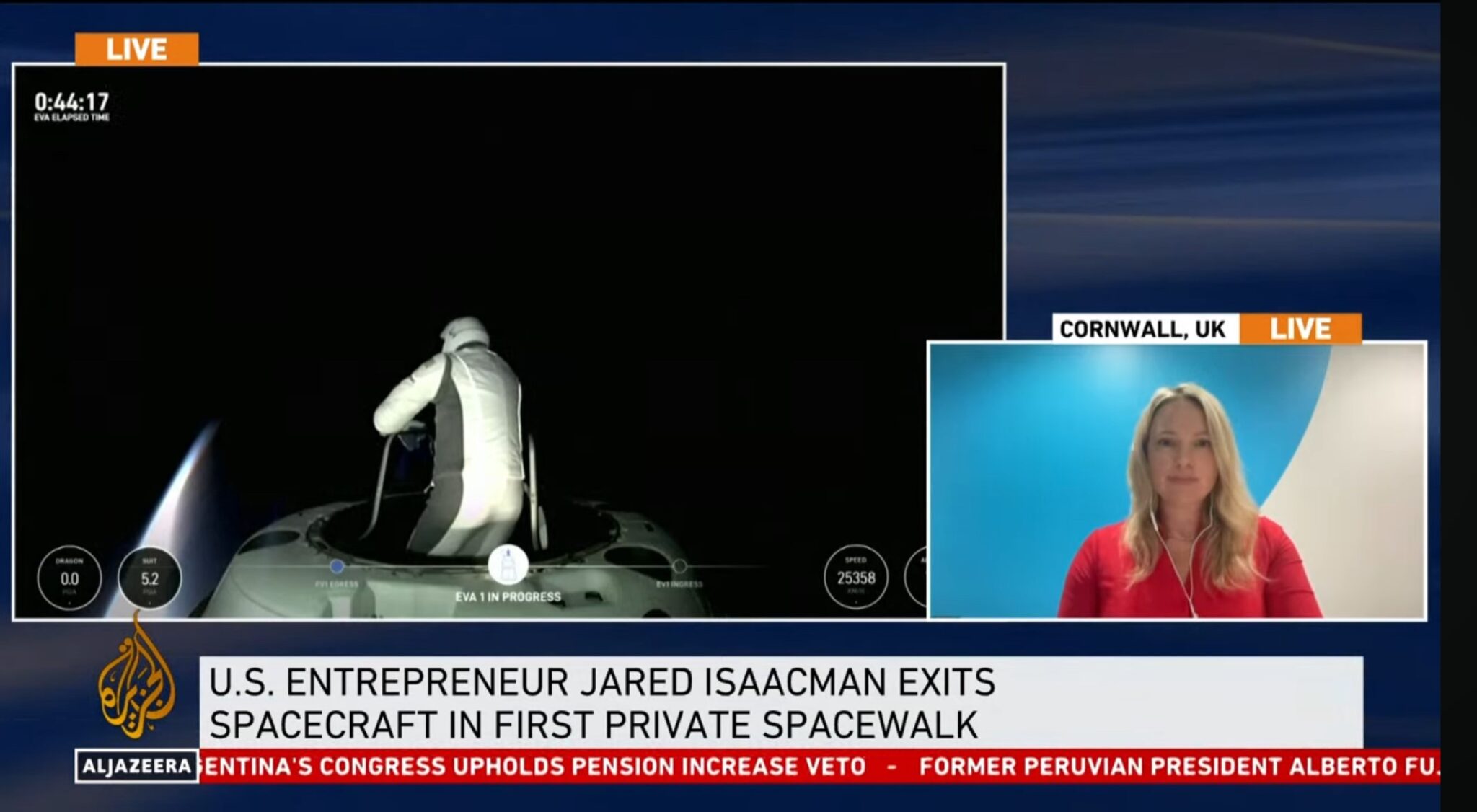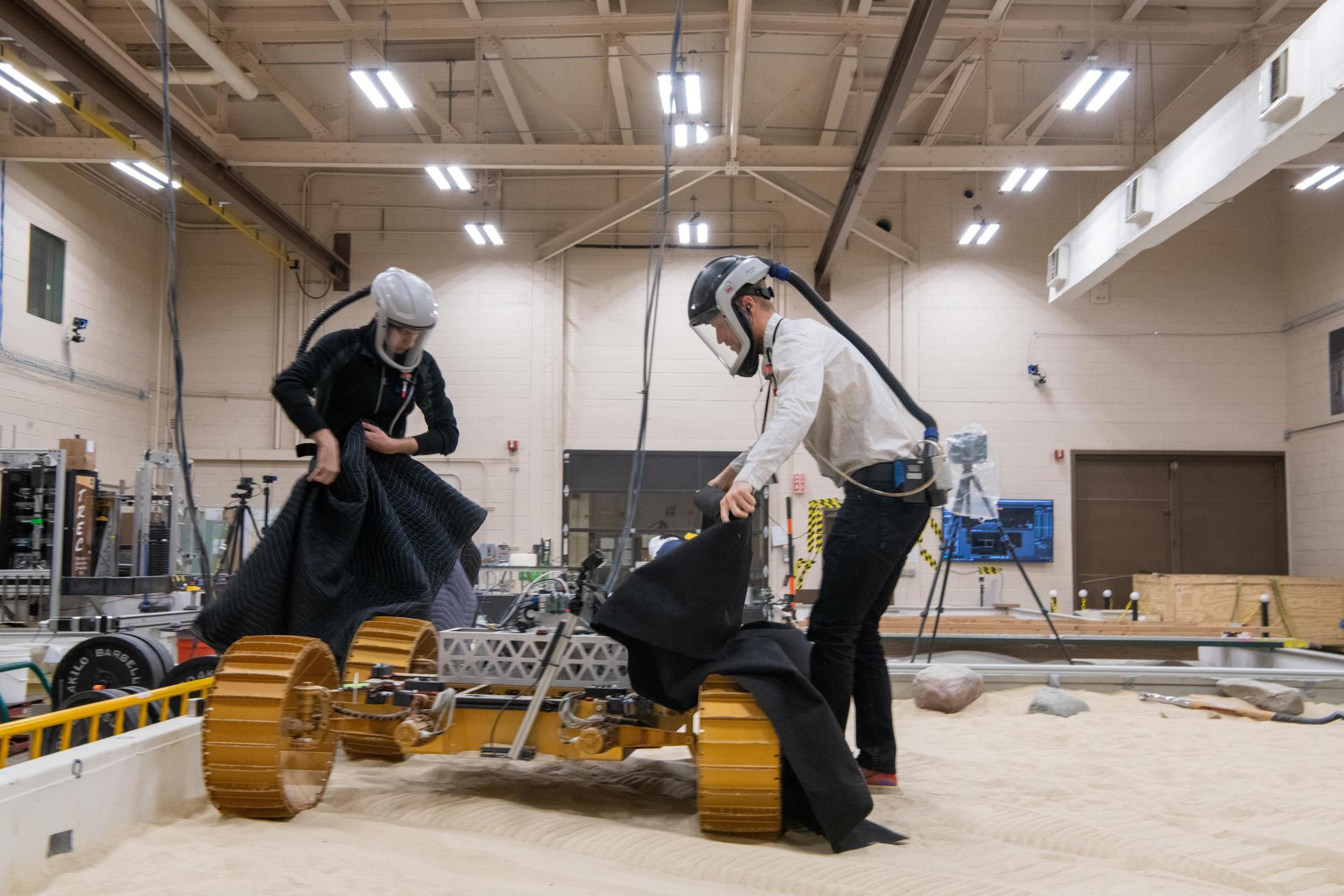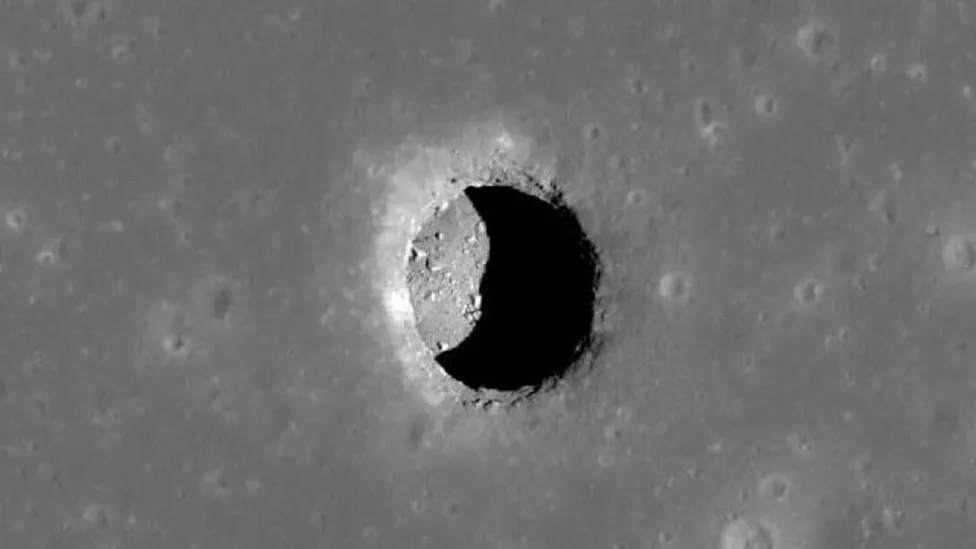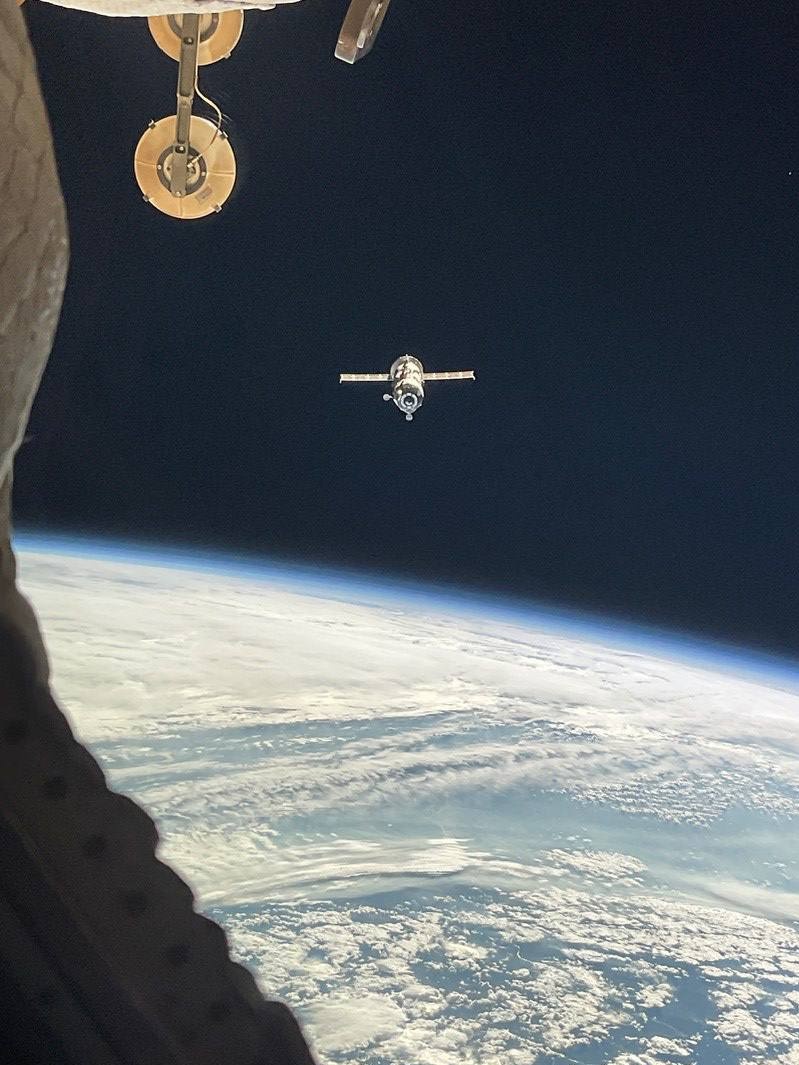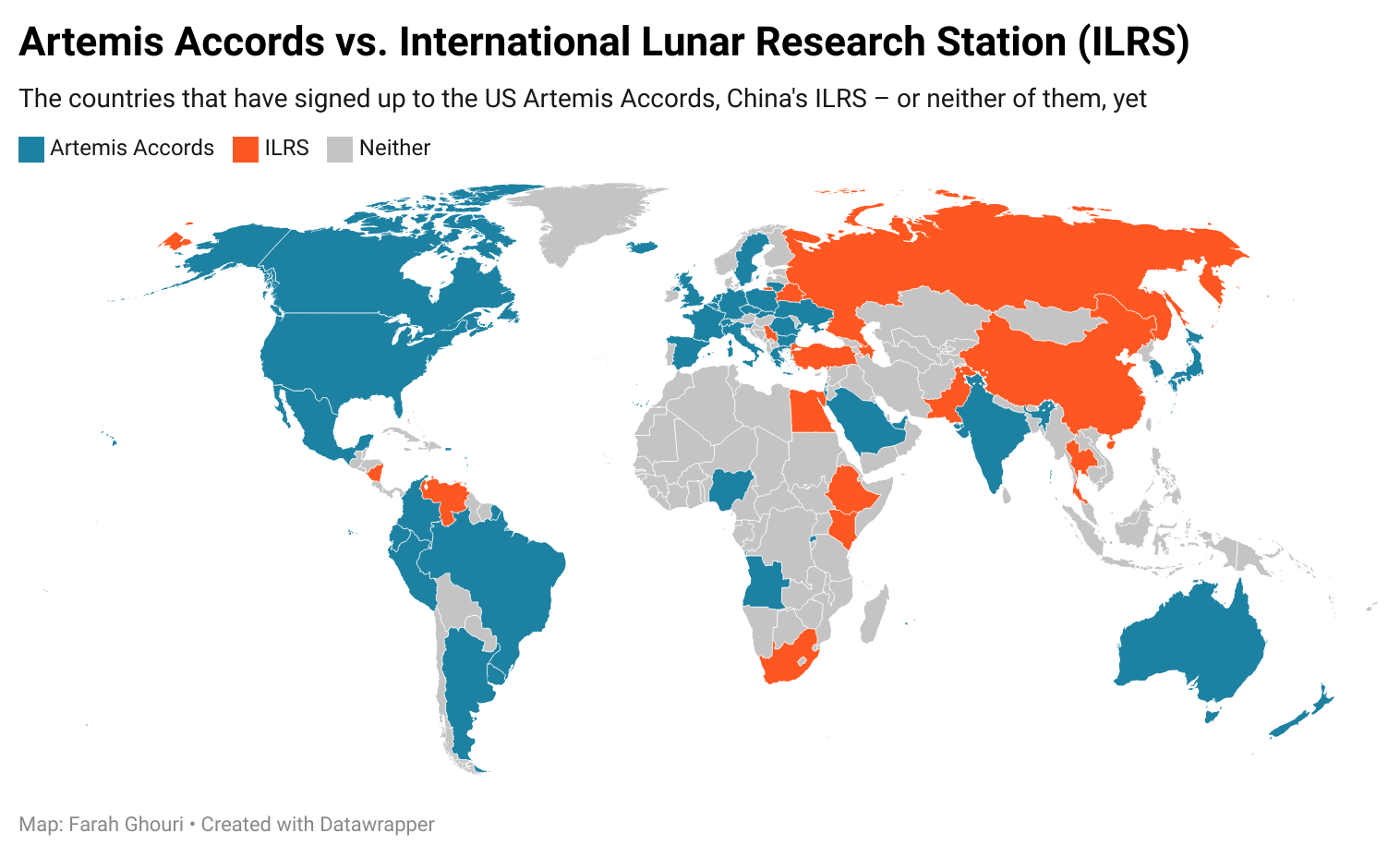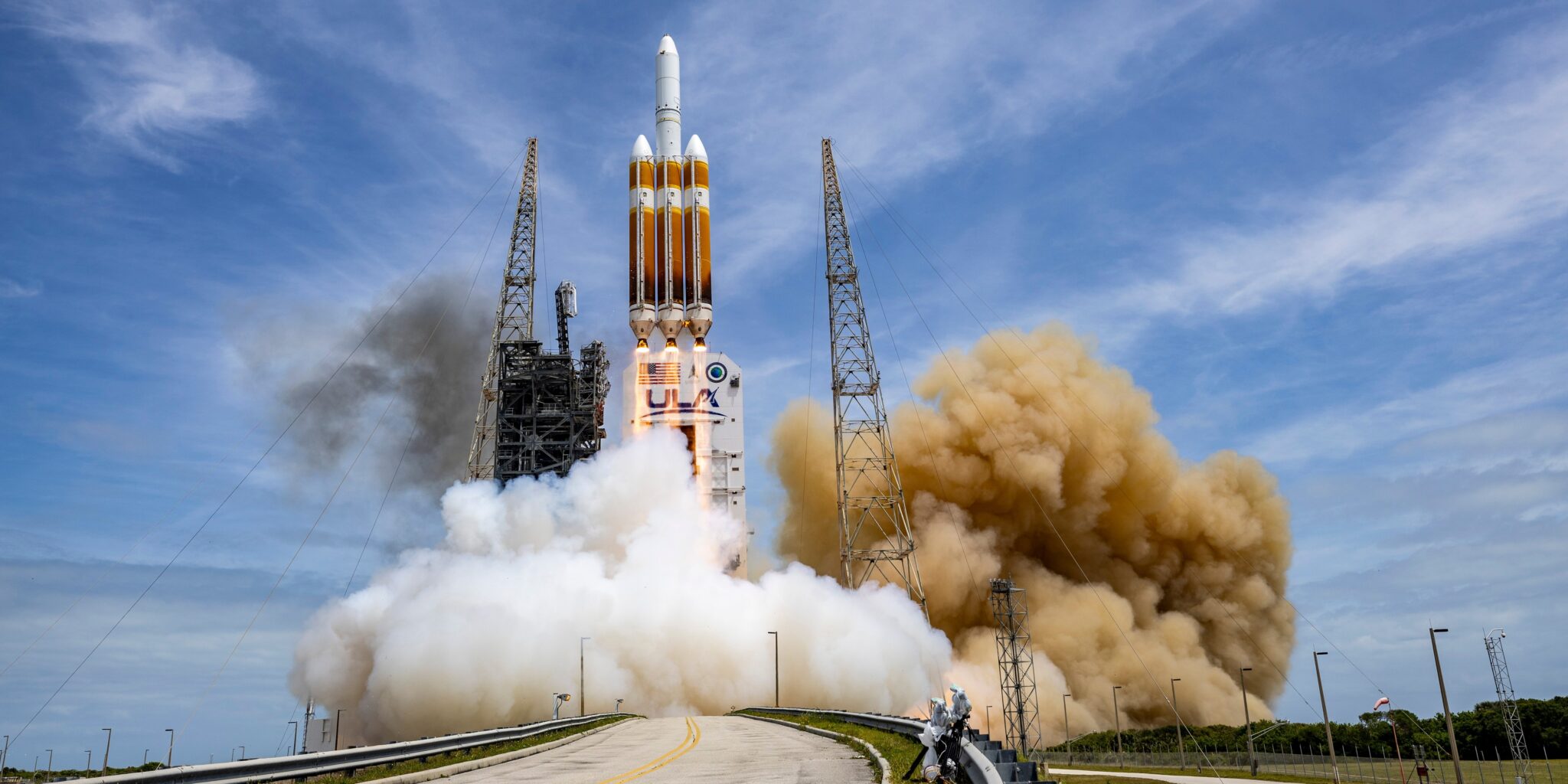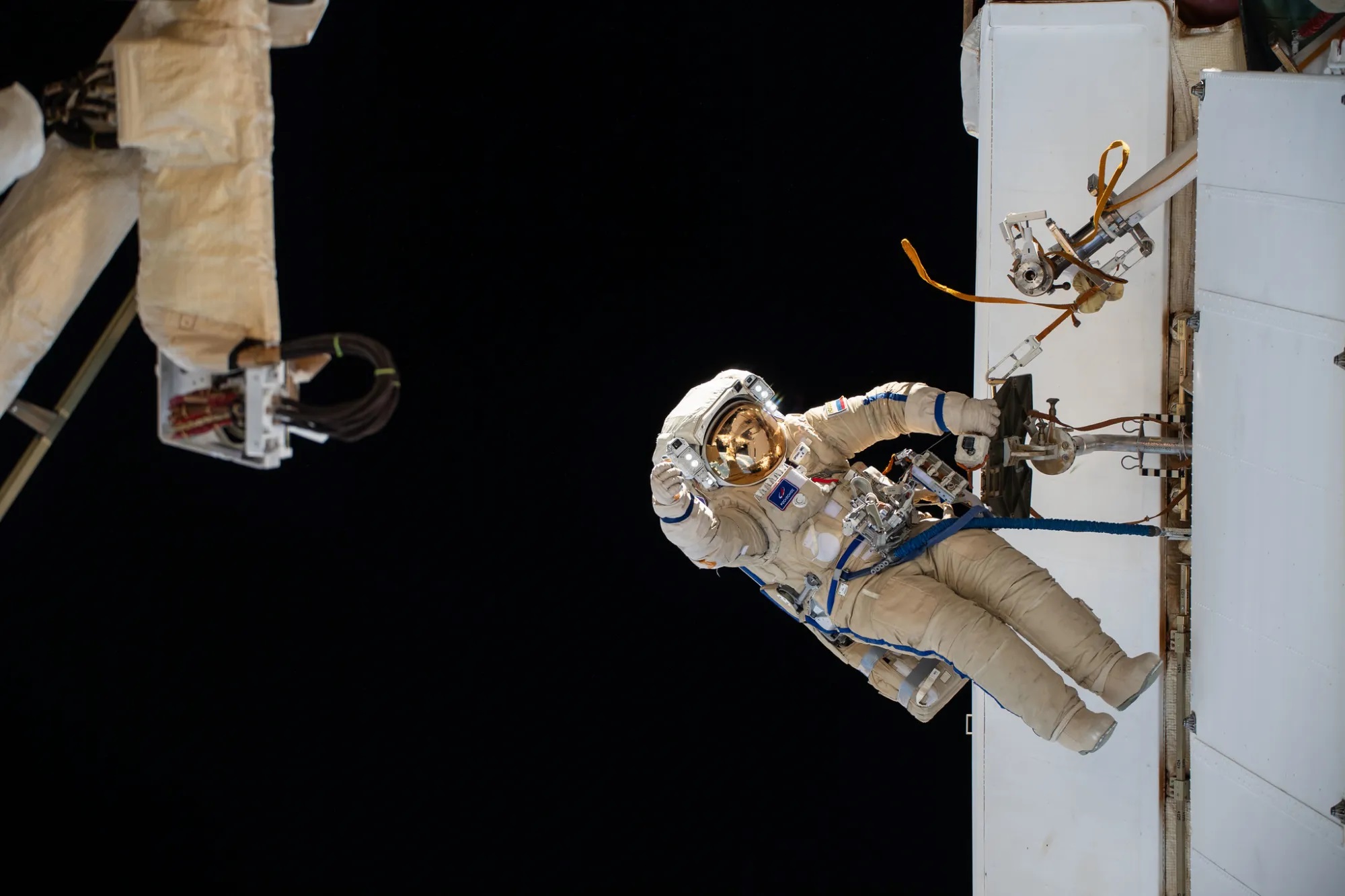At 2050 GMT on 18 July 2014, a Russian Soyuz 2-1A launch vehicle successfully lofted the Foton M4 spacecraft into low Earth orbit (LEO) from the Baikonur Cosmodrome near Tyuratam in Kazakhstan. Aboard the vessel were various material science and biological experiments including a furnace to melt and recrystallize semi-conductor materials in microgravity, plus some plant seeds and some silkworm eggs to see how the space radiation environment affects them. More interestingly, there will also be an attempt to perform sexual intercourse in space.
Contrary to the urban myth, male sexual organs are believed to work perfectly well during spaceflight. Any suggestion that that a tumescent male sexual organ points in strange directions while in orbit is thought to be a misdirected fallacy (excuse the pun). But while coitus in space is thought to be possible, albeit with the right spacecraft wall-mounted hand holds to help things along, given the microgravity environment, it has never been fully confirmed as ever having taken place – though there were suspicions in the case of one Soviet-era cosmonaut couple. Nevertheless, now we can confirm that real sex in orbit is about happen/currently happening/has already happened as you read this. And for those voyeurs out there, the couple hard at it will be/have been filmed as they perform. But don’t get too excited as is/was a Mr and Mrs Gecko on the job.
For aboard the craft are some gecko lizards taking part in an experiment to monitor the sexual reproductive behaviour and, if it works, the resulting foetal development of the animals in orbit. After the experiment, the wall-walking geckos, pregnant or otherwise, along with the other scientific samples, will be returned to Earth in a special parachuted re-entry capsule during September. In fact, it is the foetal analysis which is especially important for long range exploration space missions where mixed male-female human crews are being considered as healthy foetal development is thought to be at risk in microgravity conditions.
Apart from the dangers of malformed foetuses, sex in space for humans is officially frowned upon for other more human reasons, i.e. sexual jealously and its effect on morale. A ban on in-orbit sex was especially emphasised to NASA crews a few years ago after a love-triangle involving NASA astronauts and a US Air Force officer back on Earth descended into jealousy and violence. Or as the UK tabloid newspaper, The Sun, cheekily put it under the headline, “NOOKIE BAN ON SPACE MISSIONS”, NASA now stands for “No Astronaut Sex Allowed”.
Of course just banning something does not always work and NASA might just also have to put something in the tea to reduce libido as prison governors and ships’ captains have historically had to. However, this might be pointless given hydroponic experiments are being aimed at allowing astronauts to grow their own produce such as fresh fruit and vegetables. When it comes to growing produce in space, strawberries are rated as being relatively easy to grow, high in fibre and vitamins, and are very tasty. There problem is that they are natural aphrodisiacs, rapidly increasing the male libido.
Ah well, they could always try marriage – that traditional sexual arousal killer. 🙂
A marriage has taken place in orbit. In August 2003, Russian cosmonaut Yury Malenchenko (a divorcee) married his US bride Yekaterina Dmitriyeva. However, there was no marital/conjugal in-orbit docking after this first wedding in space as Malenchenko was on the International Space Station and his bride was in Houston, Texas, back on Earth. The marriage ceremony itself had been performed via telephone/video link.
As for the geckos aboard, telemetry showed that all experiments and systems (and body parts?) aboard were all working correctly. There was, for a time, the upsetting propect that the geckos would be locked in an embrace for all eternity, as for a week the Foton M4 spacecraft was reported by Roscosmos to be not responding to commands to fire the main engine to raise the orbit. And without this control, a controlled re-entry manoeuvre in September could not take place.
While a tragic conclusion almost seemed apt for these gecko lovers given that all good passionate romances in fact and fiction usually end in tragedy…think of those star-crossed lovers Romeo and Juliet, Lancelot and Guinevere, Antony and Cleopatra, Sid James and Barbara Windsor… 🙂 thankfully control of the spacecraft was recovered about a week after launch.
Still, leaving this vale of tears while making love with the one you love just might possibly be the nicest way to go.

